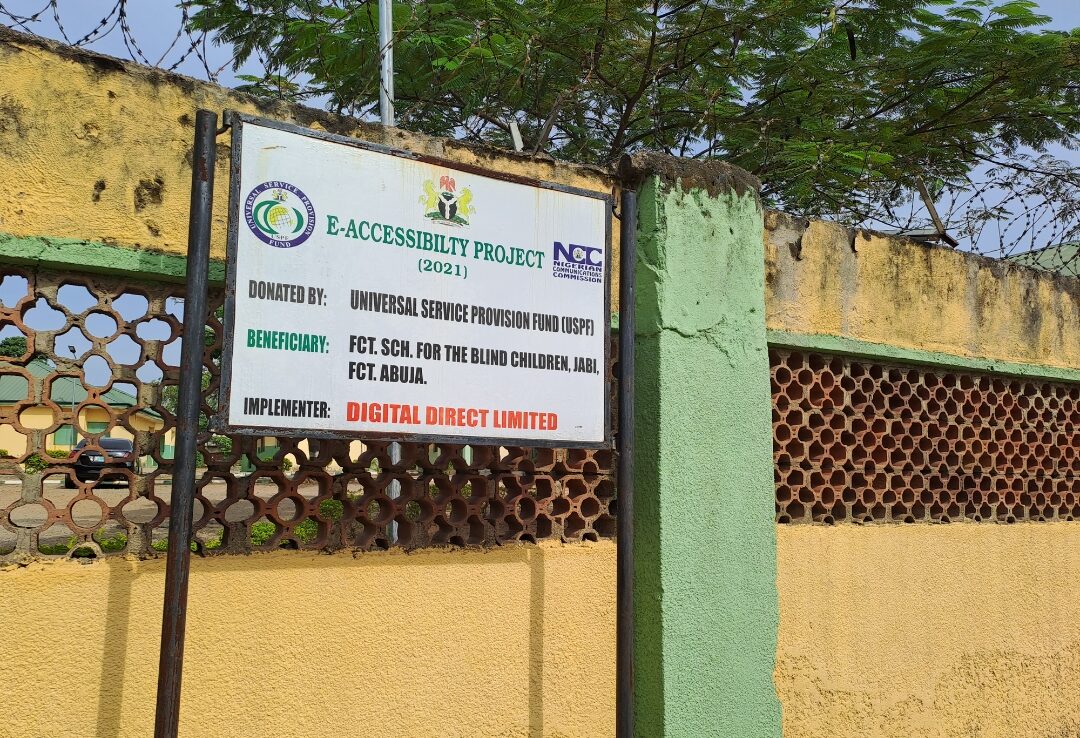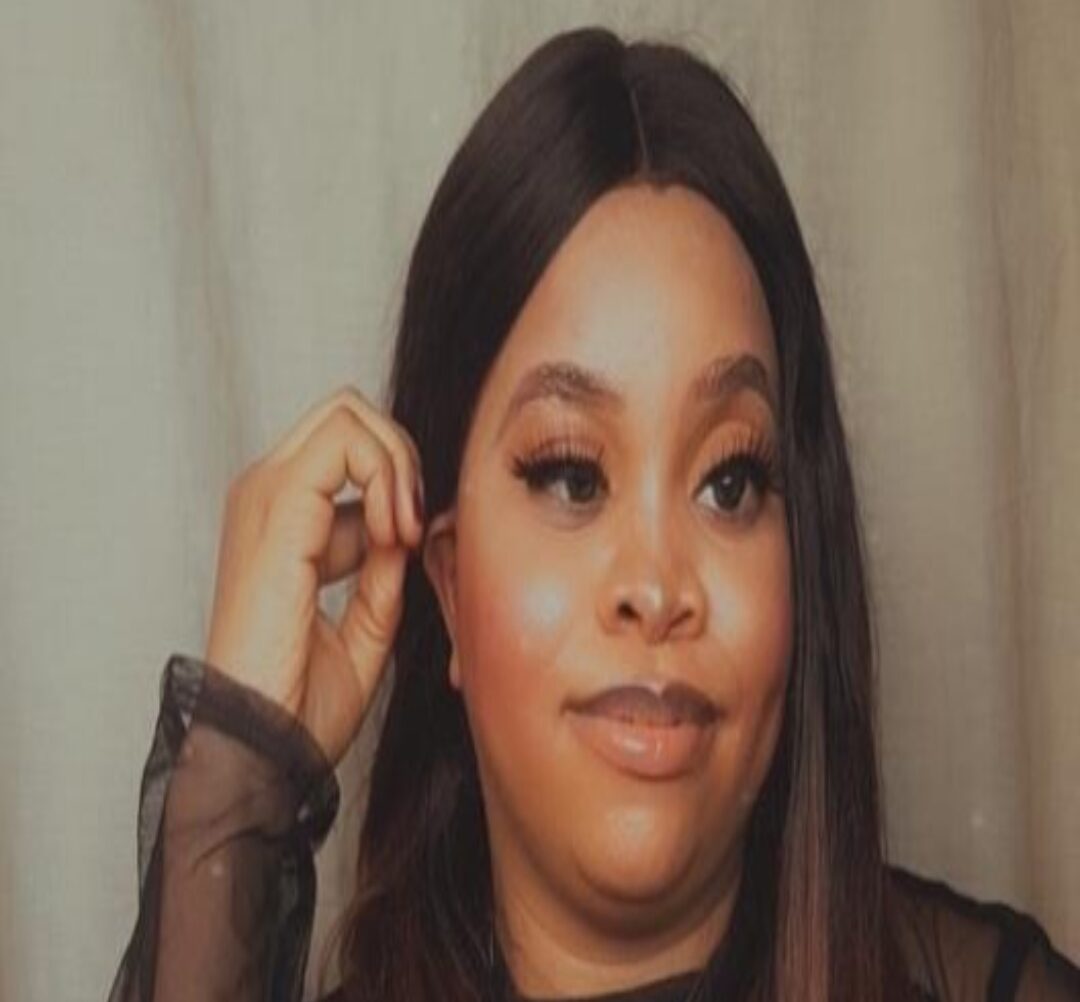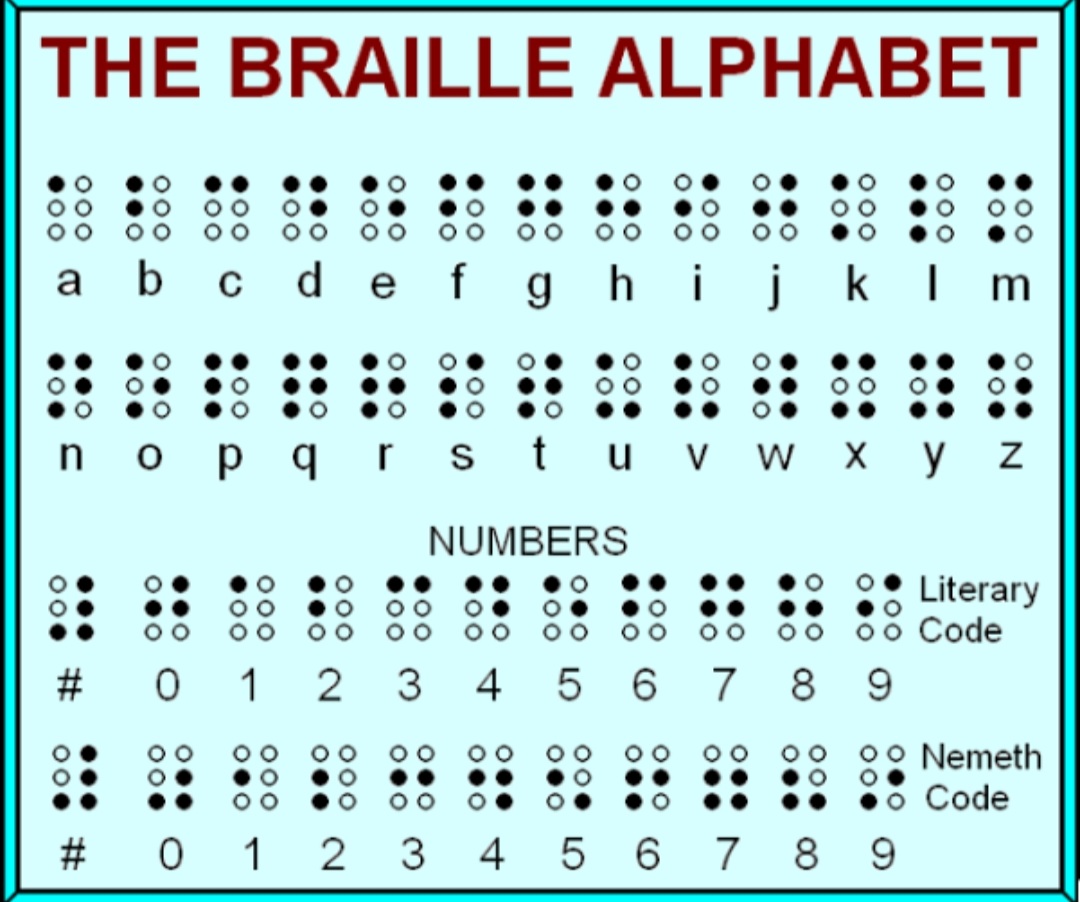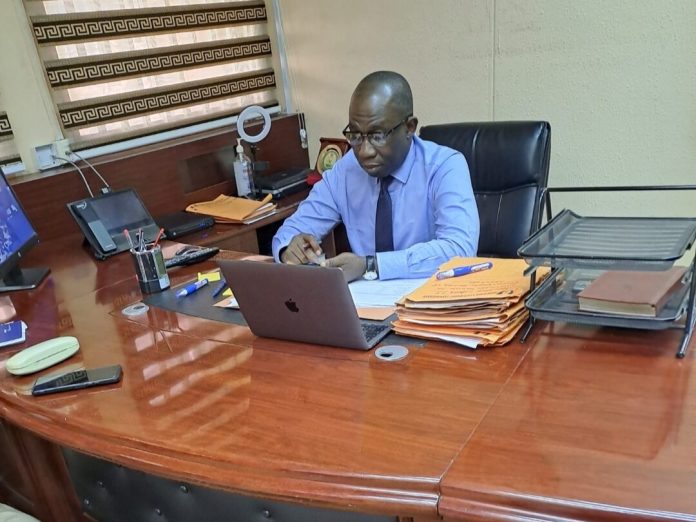Current copyright laws in Nigeria prohibit the conversion of books into formats readable by the visually impaired. This has resulted in limited access to books for people who are visually impaired and living with reading problems, leading to a situation labeled a ‘book famine’.
Kassim Lawal is visually impaired. Against all odds, he earned his law degree from the University of Lagos, Akoka, in 2016. He then enrolled and worked his way through the waters of the Nigerian Law School, where he graduated with an enviable robe.
The journey for the 38-year-old lawyer was, unsurprisingly, a Herculean one. He studied the voluminous law books, case notes, and various bulky materials that were priced to read by even sighted colleagues.
“I had to record all my textbooks with the help of my classmates,” he said. “The volume of the books did not matter; I have them recorded on tape recorders and cassettes to listen to later,” he told this reporter.
He noted that he could not use braille because the materials were too bulky. He recalled enlisting the help of his sighted colleagues to use the library and submit assignments.
Lawal, now a lawyer at Yusuf O. Alli Chambers, Abuja, acknowledged that visually impaired undergraduate students in Nigerian tertiary institutions have an extremely difficult time studying, compared to students at the basic and secondary levels of education, as the Federal Capital Territory (FCT). ) School for the Blind.

Mr. Lawal, President of the Abuja Chapter of Lawyers with Disabilities, explained that Nigerian universities are neither inclusive nor specialist.
“Usually, provisions are made for primary and secondary school students in terms of adapting books as opposed to those at the tertiary level of education,” he said.

For Mr. Lawal and many visually impaired students and professionals in Nigeria, the silver lining in the dark cloud would be Nigeria’s ratification, implementation and application of the Marrakesh Treaty, an international agreement that seeks to help end the global book shortage
“Expensive, time-consuming Braille”
Grace Atewe is a law student at the University of Lagos (UNILAG), Akoka, who, like Mr. Lawal, is very optimistic about the prospects for the Marrakesh Treaty coming into force.
She shared her experiences navigating through a college education with this reporter.
“Difficulty in accessing books to study is one of the main problems faced by visually impaired people in Nigerian universities,” he said.


Ms Atewe, 27, explained that there are a good number of law books and materials available, but only for sighted people.
“Gaining access to those books and materials as a person who is visually impaired or partially sighted is a huge hurdle. Most of the time, these books are not placed in electronic formats that blind people can access.
“Like many of my other colleagues, we are at the mercy of our friends and fellow sighted people,” he said.


Miss Atewe, now in her final year at university, suggested that when the Marrakesh Treaty comes into full use, legal briefs and other materials can be made into formats that can “speak” or read braille. She said that this would significantly ease her struggle.
He added: “We are the ones who do all the book conversion ourselves. We have to get these books, then go through the rigorous process of converting them into readable formats and it takes a lot of time and money and as struggling students we can barely afford them.
“Getting those books in braille is extremely expensive, so all these obstacles need to be looked at, so that when we want to get access to these materials, we can easily get them on the Internet.”
grim statistics
Checks by this reporter revealed that small volume braille printers cost between $1,800 and $5,000, while high volume braille printers can cost between $10,000 and $80,000.
According to an international development organization, Sightsavers, there are an estimated 24 million people with vision loss, and around 1.3 million will go blind by the year 2020.
Nigeria National Blindness and Visual Impairments also reports that the north-eastern part of the country has the highest prevalence of blindness at around 6.1 per cent, while the south-western part of the country has the lowest prevalence at around 2. 8 percent.
Blindness and the lack of accessible book formats may be a factor why many visually impaired people in Nigeria do not attend or drop out of school.
In Nigeria’s northwestern Jigawa state, 66 students were formally enrolled in the Jigawa State School for the Blind, but only 10 showed up for school, according to a PREMIUM TIMES report.
In its World Report on Disability published in 2011, the World Health Organization identified inadequate teaching materials and assessment methods as one of the barriers to the education of children with disabilities.
Studies have also revealed that braille is the preferred source of information for visually impaired people with an interest level of around 58.3%, followed by talking books (audio books) with around 38.2%, while that only 3.4% get their information in large print. .
About the Marrakesh Treaty
The treaty was adopted in 2013 and signed in Marrakech, Uganda, to facilitate access for people with reading disabilities by removing barriers in national copyright laws that make it difficult to reproduce, distribute and share books in accessible formats for use by people with reading disabilities.
The treaty has been ratified by 23 African countries and Nigeria is a signatory to it.
Administered by the World Intellectual Property Organization, it advocates for the creation of accessible formats beginning after the source publication is released to the market, and once all legal requirements are met to transform the source publication into an accessible publication, an alternative format of a braille or large print book is usually available much later than the print book release.
As a direct response to the call of the (Sustainable Development Goals) to leave no one behind, the Marrakesh Treaty seeks to reach those furthest behind first, since it recognizes that one of the factors that is constantly repeated when talking about education for Quality for people with disabilities, particularly people with visual impairments, is the availability of educational materials in formats that they can use.

However, it is important to note that some of the alternate formats listed above may be suitable or user-friendly only for a particular disability. For example, a person with dyslexia may not prefer a Braille book, and people with low vision may not use an audiobook because it omits all images and text.
What the taming of the Marrakesh Treaty could mean for Nigeria’s blind community
John Assein, Director General of the Nigerian Copyright Commission, said Nigeria’s Marrakesh Treaty ratification process has passed the concurrency stage and has reached the presidential approval stage, which is the final stage before before it finally becomes law and binding.
Speaking to the reporter in his office, Mr. Assign said that he has had a number of meetings with the leaders of the National Association of the Blind and other organizations necessary to ensure that they take place.
He said that the domestication of the treaty would mean more books in accessible formats and that the needs of the visually impaired would be addressed, helping to significantly increase the literacy level of blind people.
“People with visual disabilities can also go to any of the authorized entities instead of waiting years to have some of these books in accessible formats. So it would look like a sighted person walking into a normal bookstore,” she said.
It added that the provisions of the treaty have been incorporated into the revised copyright amendment bill which has been passed by both houses of the National Assembly and is awaiting presidential approval.
“We are hopeful that before the end of the year or before the end of this current administration, it will go into effect,” Assien said.
According to the Marrakesh Treaty Defense Course, the right to literacy is a fundamental human right for all people and must include reading books for education and leisure.
But Lawal, who is also the General Secretary of the Joint Association for People with Disabilities, Abuja chapter, said the current situation does not encourage visually impaired people in Nigeria to read for pleasure.
He said: “Domestication would mean that I can go find books of Soyinka or Achebe literature. It would mean I don’t have to get the books first, go to Lagos to get it in braille. There would be equal conditions for people with visual disabilities. That a person with a disability can access books in the same way that sighted people could access them”.
The findings revealed that the bill establishes that authorized entities, which can be private or government-owned establishments, will be licensed to produce these books in accessible formats.
Doubt Thomas?
For his part, Martin Kieti, who works at Inclusion Resources for Africa in Kenya, pointed out that the ratification of the Marrakesh Treaty and its implementation in national legislation does not necessarily guarantee the enjoyment of the right to read by people with reading disabilities. .
He said: “It is a well-known fact that, in many African countries, international treaties have been ratified and national laws have been enacted or revised and policies have been developed, but their implementation has always not been fully realized.
“Poor implementation of such treaties, laws, and policies has been attributed, among other reasons, to a lack of resources, political goodwill, and legal resources and mechanisms to enforce the provisions of such treaties, laws, and policies.”
He said that in order for people with reading disabilities to enjoy their right to read and access information through the increased availability of accessible books, it is essential that the Marrakesh Treaty is fulfilled not only on paper but also in practice. .
Support PREMIUM TIMES journalism of integrity and credibility
Good journalism costs a lot of money. However, only good journalism can guarantee the possibility of a good society, a responsible democracy and a transparent government.
For continued free access to the best investigative journalism in the country, we ask that you consider making a modest support for this noble effort.
By contributing to PREMIUM TIMES, you are helping to keep journalism relevant and ensuring that it remains free and available to everyone.
Donate
TEXT AD: Call Willie – +2348098788999








